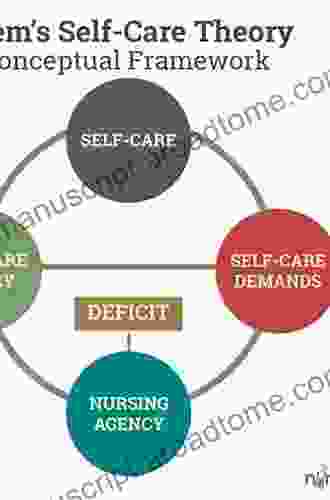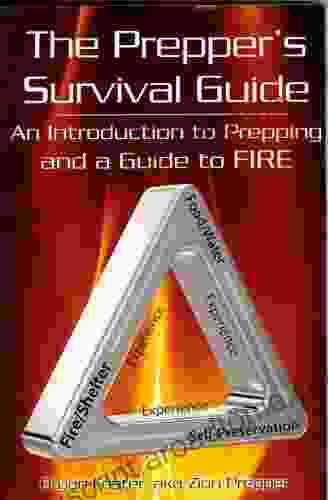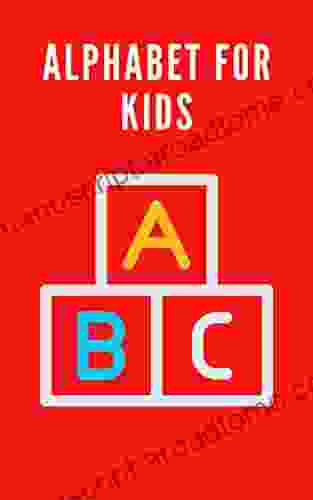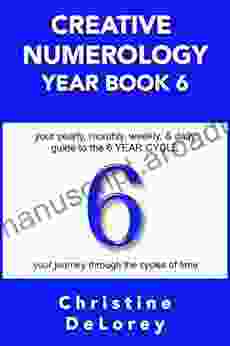Self-Care Deficit Theory: A Cornerstone of Nursing Practice

4.1 out of 5
| Language | : | English |
| File size | : | 817 KB |
| Text-to-Speech | : | Enabled |
| Screen Reader | : | Supported |
| Enhanced typesetting | : | Enabled |
| Print length | : | 72 pages |
In the ever-evolving landscape of healthcare, self-care has emerged as a cornerstone of nursing practice. The Self-Care Deficit Theory, developed by renowned nursing theorist Dorothea Orem, provides a comprehensive framework for understanding self-care and its role in maintaining health and well-being.
This article delves into the depths of Self-Care Deficit Theory, exploring its origins, key concepts, and applications in nursing practice. By gaining a thorough understanding of this seminal theory, nurses can empower individuals and communities to take an active role in their own healthcare.
Origins of Self-Care Deficit Theory
Dorothea Orem, a pioneering nurse and researcher, developed Self-Care Deficit Theory in the 1970s. Inspired by her experiences working with chronically ill patients, Orem recognized the need for a theory that focused on the individual's self-care abilities.
Drawing upon concepts from biology, social psychology, and nursing practice, Orem developed a theory that emphasized the individual's responsibility for their own care. She believed that when individuals are unable to meet their self-care needs, nurses play a crucial role in providing assistance.
Key Concepts of Self-Care Deficit Theory
Self-Care Deficit Theory is based on several key concepts:
- Self-care: The activities that individuals perform to maintain health and well-being.
- Self-care agency: The ability of individuals to engage in self-care activities.
- Self-care deficit: A situation in which individuals are unable to meet their self-care needs.
- Nursing system: A system of care that provides assistance to individuals with self-care deficits.
Applications in Nursing Practice
Self-Care Deficit Theory has wide-ranging applications in nursing practice. Nurses can use the theory to:
- Assess individuals' self-care abilities and identify self-care deficits.
- Develop and implement nursing interventions to address self-care deficits.
- Educate individuals and communities about self-care and self-care promotion.
- Evaluate the effectiveness of nursing interventions aimed at promoting self-care.
By applying Self-Care Deficit Theory, nurses can empower individuals to take an active role in their own healthcare, leading to improved health outcomes and a better quality of life.
Self-Care Deficit Theory remains a foundational theory in nursing practice, providing a framework for understanding self-care and its crucial role in health and well-being. By embracing the concepts of Self-Care Deficit Theory, nurses can empower individuals and communities to become active participants in their own healthcare.
Through assessment, intervention, education, and evaluation, nurses can help individuals overcome self-care deficits and achieve optimal health outcomes. As healthcare continues to evolve, Self-Care Deficit Theory will undoubtedly continue to serve as a guiding light for nursing practice, fostering self-reliance and promoting the well-being of all.
4.1 out of 5
| Language | : | English |
| File size | : | 817 KB |
| Text-to-Speech | : | Enabled |
| Screen Reader | : | Supported |
| Enhanced typesetting | : | Enabled |
| Print length | : | 72 pages |
Do you want to contribute by writing guest posts on this blog?
Please contact us and send us a resume of previous articles that you have written.
 Book
Book Novel
Novel Page
Page Chapter
Chapter Text
Text Story
Story Genre
Genre Reader
Reader Library
Library Paperback
Paperback E-book
E-book Magazine
Magazine Newspaper
Newspaper Paragraph
Paragraph Sentence
Sentence Bookmark
Bookmark Shelf
Shelf Glossary
Glossary Bibliography
Bibliography Foreword
Foreword Preface
Preface Synopsis
Synopsis Annotation
Annotation Footnote
Footnote Manuscript
Manuscript Scroll
Scroll Codex
Codex Tome
Tome Bestseller
Bestseller Classics
Classics Library card
Library card Narrative
Narrative Biography
Biography Autobiography
Autobiography Memoir
Memoir Reference
Reference Encyclopedia
Encyclopedia Charity Russell
Charity Russell Die Sprachexperten
Die Sprachexperten Chiheb Chebbi
Chiheb Chebbi Cgp Books
Cgp Books Chris Love
Chris Love Chic Cicero
Chic Cicero Juliann Whetsell Mitchell
Juliann Whetsell Mitchell Chariss K Walker
Chariss K Walker Ceisiwr Serith
Ceisiwr Serith Jim Doherty
Jim Doherty Cathy Glass
Cathy Glass Chris Fabry
Chris Fabry Martin T Holland
Martin T Holland Charles Sheppard
Charles Sheppard Christian Miller
Christian Miller Chelsea Fagan
Chelsea Fagan Catherine Sandler
Catherine Sandler Cathryn Jakobson Ramin
Cathryn Jakobson Ramin Robert W Sullivan Iv
Robert W Sullivan Iv Christina Tosch
Christina Tosch
Light bulbAdvertise smarter! Our strategic ad space ensures maximum exposure. Reserve your spot today!
 Benjamin StoneFollow ·9.3k
Benjamin StoneFollow ·9.3k Isaac MitchellFollow ·10.1k
Isaac MitchellFollow ·10.1k Junot DíazFollow ·4.5k
Junot DíazFollow ·4.5k Jamie BellFollow ·19.3k
Jamie BellFollow ·19.3k William FaulknerFollow ·9.8k
William FaulknerFollow ·9.8k Al FosterFollow ·16.3k
Al FosterFollow ·16.3k Dean ButlerFollow ·15.3k
Dean ButlerFollow ·15.3k Chance FosterFollow ·2.2k
Chance FosterFollow ·2.2k
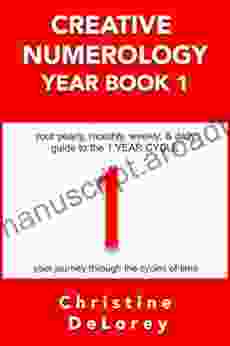
 Esteban Cox
Esteban CoxYour Yearly Monthly Weekly Daily Guide To The Year Cycle:...
As we navigate the ever-changing currents...

 George Orwell
George OrwellIdentifying and Understanding Astronomical and...
Prepare to embark on an extraordinary...
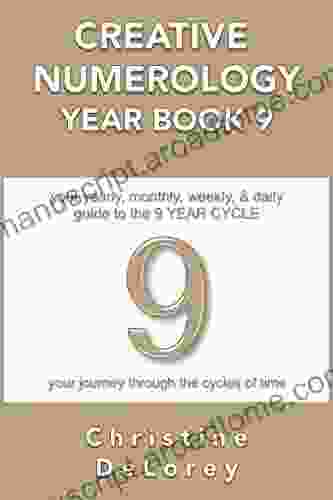
 Arthur Conan Doyle
Arthur Conan DoyleYour Yearly Monthly Weekly Daily Guide to the Year Cycle:...
Welcome to "Your Yearly Monthly Weekly Daily...

 Steve Carter
Steve CarterUrban Informatics: Unlocking the Secrets of Smart Cities...
An In-Depth Exploration of Urban...

 Henry Hayes
Henry HayesUnveil the Secrets of the Order of the Solar Temple: A...
In the realm of secret...
4.1 out of 5
| Language | : | English |
| File size | : | 817 KB |
| Text-to-Speech | : | Enabled |
| Screen Reader | : | Supported |
| Enhanced typesetting | : | Enabled |
| Print length | : | 72 pages |


